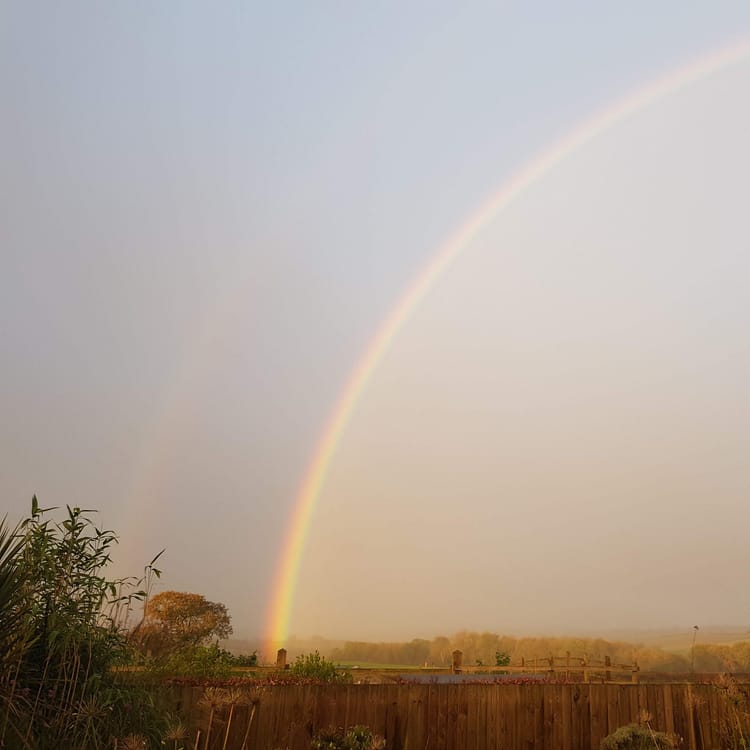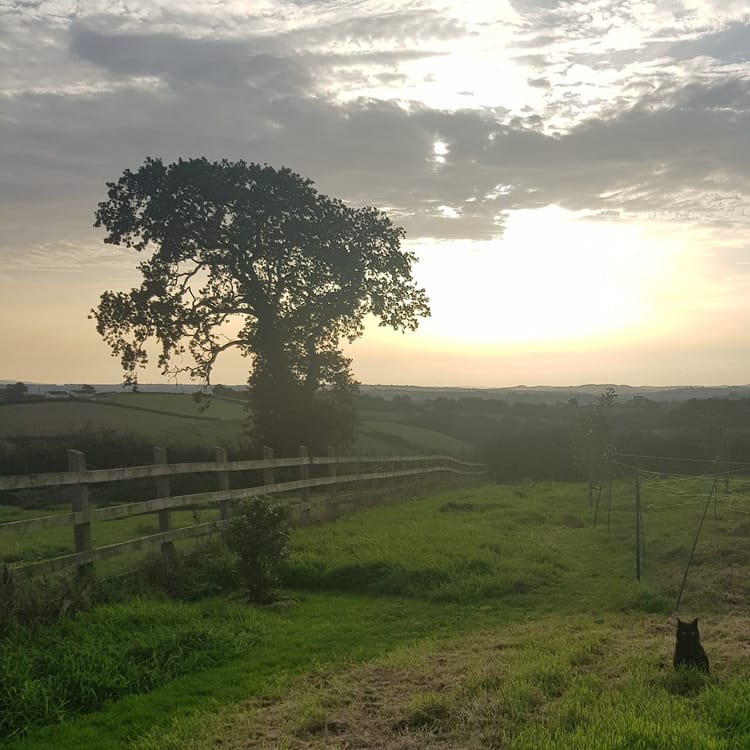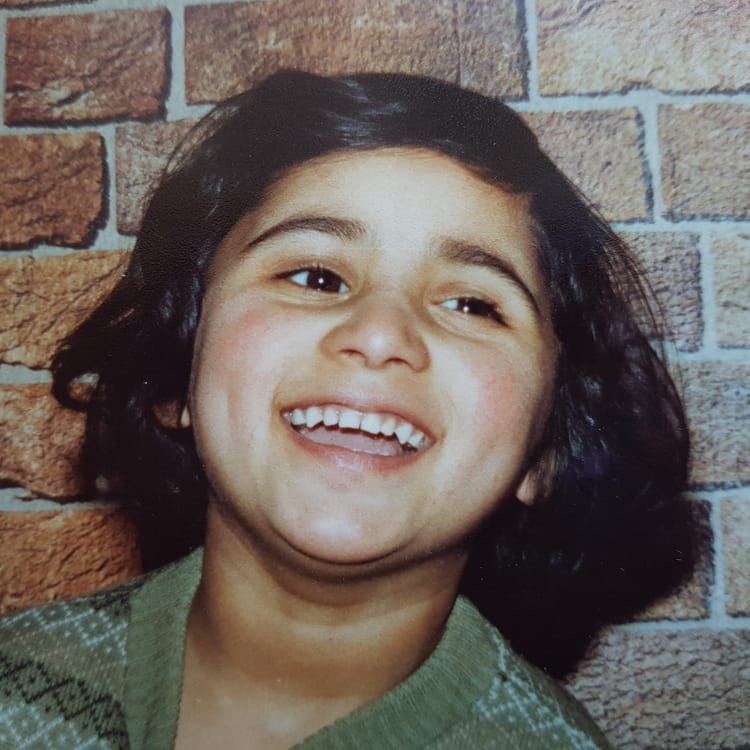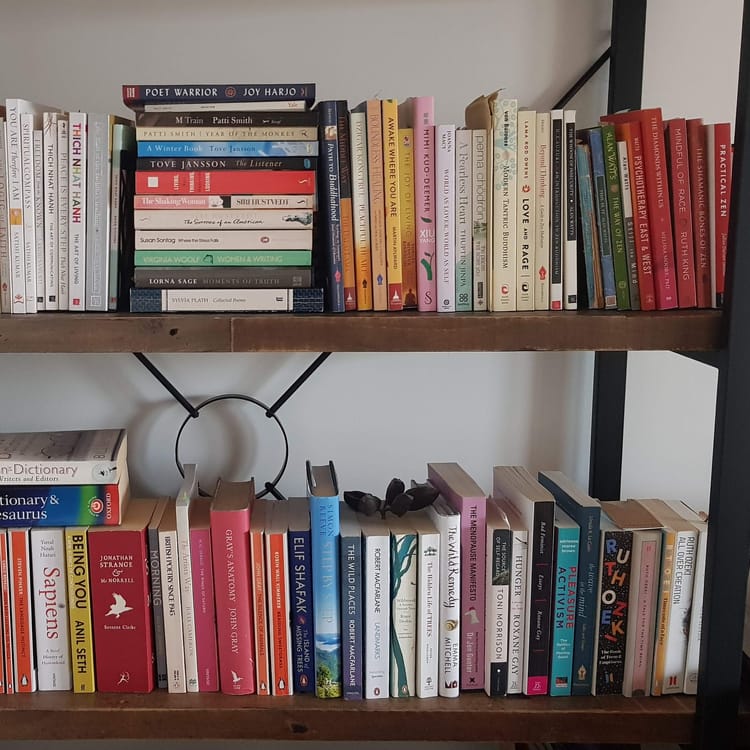Perfectly imperfect

Neatness. The word cuts like a nip. A snippy phonetic jibe. Thin lipped and sharp with its quickness. A taunt that a chorus of bullies might sing on repeat. An accusatory battering of the ego, tapped out on the insides of the brain, on the backside of the teeth, with the tongue as a tiny hammer, chipping away at the precious sense of what we wish to be our self.
That’s how I felt it, when two so-called friends were allocating pop songs to our classmates back in the suburban secondary school of my colourless East Midlands years, and they assigned me Fairground Attraction’s ‘It’s got to be perfect,’ on the basis of my need for neatness. I remember going over to K’s house, where she and R seemed high on the delight of their creative inspiration. Recalling it now, I feel a sadness and a rage for my childhood self, facing the invariable struggle of feeling misunderstood and desiring to defend a not-quite fully formed identity.
“I can laugh about it now but at the time it was terrible.” Morrissey’s lyrics come to mind; The Smiths having been the soundtrack to my youth. Another cause for sadness and rage, when people you think understand you, turn out to think completely differently about you, in his case, owing to his base and attention-seeking racism.
The limitations of words
“Do words have form? If words have no sharp edges or any other forms, how and where do they hurt me?” Dzigar Kongtrul, ‘A Peaceful Heart’.
It wasn’t even entirely true, this obsession with perfection that I was deemed to have. Then, as much as now, I was known more for my clutter of stationery and books and my clumsy nature. For spilling tea and staining carpets, scribbling in magazines and writing in margins.
That said, it is partially true that when the clutter falls out of line, when the mess becomes “too much”, when the words I seek feel out of reach, and the book spines appear unruly, a storm whips up behind my eyes.
We want the safety and security of control. The thing we irrationally though persistently seek; a semblance of order, the ability to have total agency over how we compose our lives and our image in the eyes of ourselves and others.




